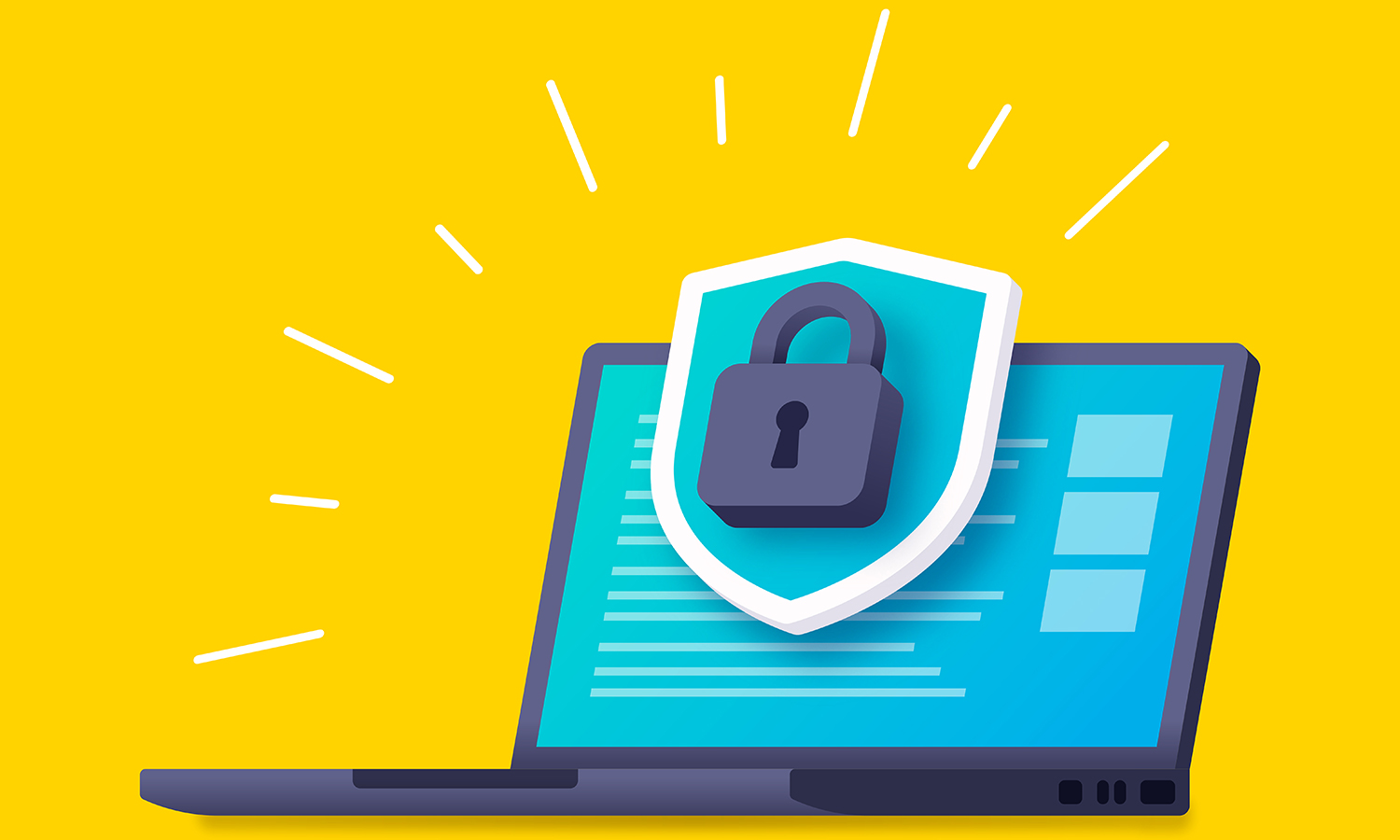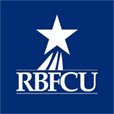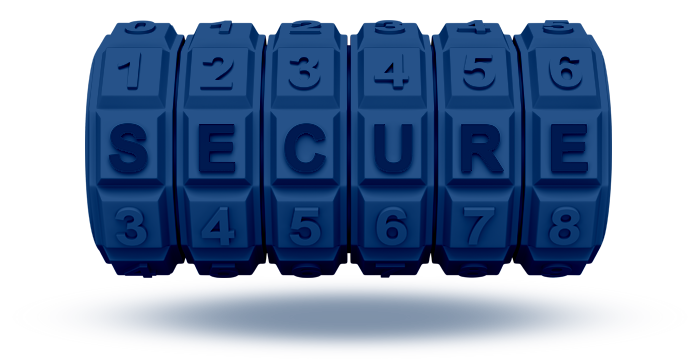Protect Your Passwords: Why It's Important
When you stay on top of your passwords for any online account and take an active hand in seeing that they are secure as possible, you are protecting yourself and your family from threats to your personal information. Keeping your passwords safe is not hard to do, and it takes less time than you might think.

Your hesitancy to act could leave you open to long-standing security issues. It may take them months of work, but scammers can acquire passwords and use them to compromise your accounts on online platforms. Most commonly, this is done through a scam known as credential stuffing.
In 2018, the health and wellness app MyFitnessPal suffered a massive breach that compromised user data, including passwords. Two years later, a pair of insurance companies reported that their member portals had been accessed by hackers reusing credentials stolen in the 2018 attack.
Protect your passwords. According to Consumer Reports and businessinsider.com, here’s what you should consider:
Don’t recycle your passwords: Remember, if your password was compromised before, you still are at risk if you commonly use the same password on other platforms. Use different passwords for different sites.
Use a password manager: These services are helpful if you are following the advice to use multiple passwords. These services allow you to generate, retrieve, and create top-of-the-line passwords for each of your accounts, using strong encryption to protect them. Password manager services often also make sure the website you think belongs to your bank actually does before you hand over your credentials. All you have to do is remember the one password you create for the service.
Use two-factor authentication: Whenever possible, use some form of two-factor authentication so a cracked password isn’t as likely to compromise your account. Also known as 2FA, this is a usually a numeric code sent to your phone or device that you must enter before a site allows you access. Experts contend that combining two-factor authentication with machine-generated passwords renders most user accounts practically “uncrackable.”
Make passwords long and complicated: Ideally, a password should be composed of a long string of characters. Use a dozen or more and string them together using an easy-to-remember phrase that only you know. Never use “password” or any form of that (password123).
All forms of fraud and cyber theft increase every year. The more active you are and the more careful you are in setting passwords will help you combat compromises to your financial or personal security.
RBFCU is proactive in providing you products that can help keep your peace of mind. MemberSafe® offers a number of benefits including timely alerts, in-depth monitoring all with affordable coverage.




